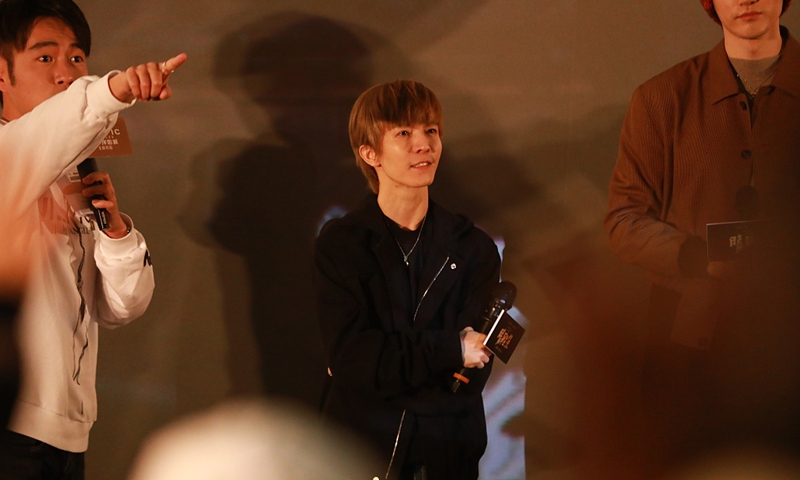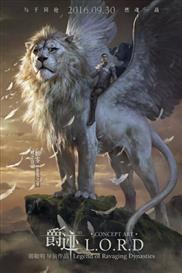ARTS / CULTURE & LEISURE
Controversial Chinese writer suspected of breaching agreement after apologizing for plagiarism

Guo Jingming file photo:VCG
Controversial Chinese writer Guo Jingming has once again become the target of criticism on social media for not keeping his promise to financially compensate Zhuang Yu, the author he plagiarized.
On December 30, 2020, Guo had issued a long-awaited public apology on Sina Weibo for copying writer Zhuang’s original novel In and Out of the Circle in his full-length 2003 novel Never Flowers in Never Dreams and promised to compensate Zhuang with all his income from the novel.
They later reached an agreement to use the income for establishing a foundation for anti-plagiarism.
On Tuesday, Zhuang posted on China’s Twitter-like Sina Weibo that she had donated all her earnings from In and Out of the Circle, about 450,000 yuan ($69,587) to the anti-plagiarism foundation co-built by Zhuang and Guo.
However, according to Guo Jingming’s agent, the revenue calculation for the novel Never Flowers in Never Dreams is still in progress and that they cannot yet commit to a specific amount.
“I hope Mr. Guo Jingming can announce the details to the public as soon as possible. The amount should be directly donated to the foundation account after it is established,” Zhuang wrote.
The hashtag that “Zhuang Yu urges Guo Jingming to disclose his income” has earned 140 million views on Sina Weibo. Many Chinese netizens criticized Guo, saying he was acting immorally, while some said they suspected that he “is likely to use the time to launder the money by transfering the novel’s income to other places.”
“Asking him as a public celebrity to reveal the actual income and give it to charity must be very difficult for him,” one Chinese netizen commented on Sina Weibo.
“Guo Jingming may have just been making a joke, but Zhuang Yu took it seriously,” another netizen teased.
Xu Xinming, a lawyer specializing in copyright law, told the Global Times on Wednesday that it is not possible for Guo to launder any money as the book’s publishers know the income earned from the novel and it can easily be checked.
Liu Jiahui, a lawyer in intellectual property from Beijing-based Chinese law firm Derun Lawyers, told the Global Times on Wednesday that Guo and Zhuang should have set a deadline for the donation first, and if Guo did not follow through on time, Zhuang would then have the right to sue Guo and claim compensation.
Xu echoed that the foundation also has the right to sue Guo.
“The law stipulates that public welfare commitments cannot be breached,” Xu said and added that related laws were improved after some celebrities and stars once promised to make donations to charities related to the 2008 Wenchuan Earthquake but did not follow through on their promises.
Chinese consume fantasy film The Yin-Yang Master, which Guo directed, was also at the center of a plagiarism controversy after netizens noted that it contains scenes that are very similar to the 2016 Marvel superhero film Doctor Strange.
The film was removed from cinemas on January 4.


